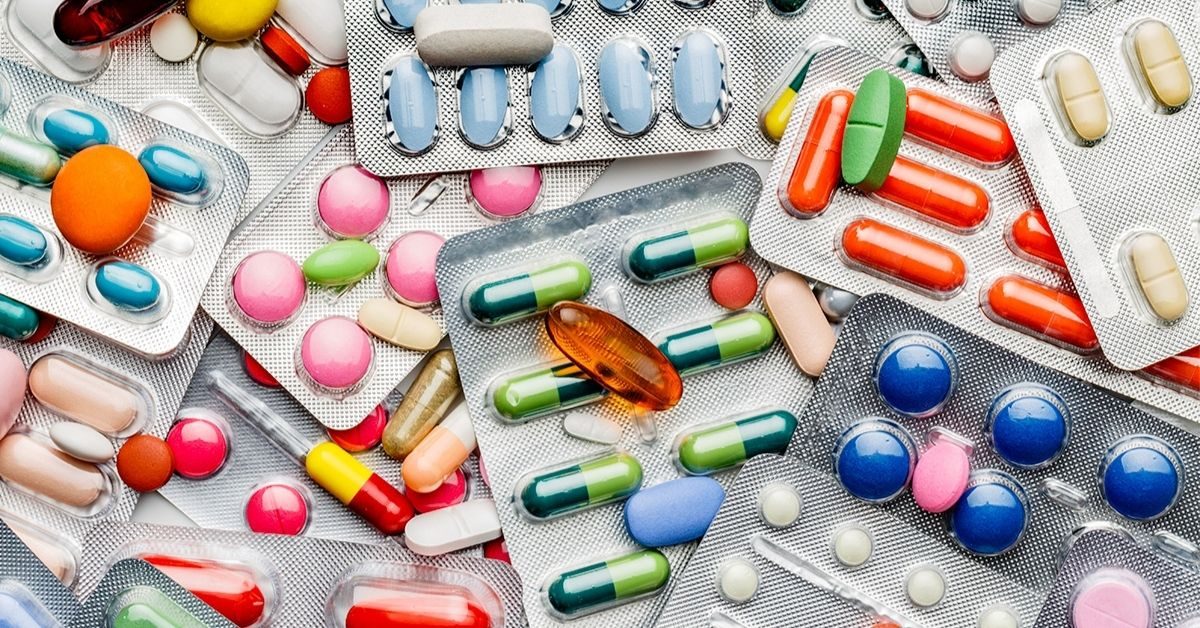Medical products are piling up at the Colombo Port owing to delays by the National Medicines Regulatory Authority (NMRA) CEO in signing the paperwork to clear shipments, pharmaceutical companies said, warning that this will affect supplies in the private sector.
Further backlogs are feared as the Customs Department has suddenly introduced a new rule that all documents necessary to take out pharmaceutical imports from the port—including registration certificates, shipment approvals, and import licences—must be stamped with the NMRA CEO’s seal that contains his name in addition to other details.
The CID this week questioned NMRA CEO Vjith Gunasekara and Health Ministry Additional Secretary Saman Ratnayake regarding the purchase, distribution and administration of counterfeit human immunoglobulin to patients in public hospitals. The medication caused adverse reactions in some hospitals.
Dr. Gunasekara has maintained that the waiver of registration (WoR) purportedly issued for the human immunoglobulin was forged and stamped with a seal that did not belong to him as it did not contain his name—just qualifications, designation and contact details.
The scandal has thrown the health sector into turmoil. Various documents, including copies of WoRs, were hastily shuttled between the Customs Department and the NMRA; and between the NMRA and the Medical Supplies Division (MSD) this week. Health Minister Keheliya Rambukwella previously claimed that the MSD had made a partial payment to the local supplier, Isolez Biotech Pharma AG. The MSD also distributed the counterfeit stocks to hospitals.
Meanwhile, State Pharmaceutical Corporation (SPC) sources confirmed that the proprietor of Isolez had visited its offices to demand the settlement of outstanding payments for other products it had sold. However, he had been turned away with the information that disbursements to his company were suspended until further notice.
No arrests have yet been made, and no disciplinary action taken against anyone in any of the relevant offices. Minister Rambukwella was quoted as telling the media that the human immunoglobulin vials were being tested and that “fortunately” there had been no harmful agents but something similar to saline in them. However, no scientific results from such tests have been released.
The Sri Lanka Chamber of Pharmaceutical Industry (SLCPI) has written to the relevant authorities stating that, while they are willing to support any measures taken to stop the import of counterfeit or substandard goods on forged documents, the NMRA has previously, on many occasions, issued “perfectly legal documents pertaining to registration with the signature of the CEO of that time but with a seal not containing the CEO’s name”.
The new Customs rule has left members in a dilemma as some of their documents carried a seal with the CEO’s name while others did not, the SLCPI has pointed out. It would affect thousands of products, preventing companies from clearing a large percentage of their imports.
Putting in place an “impromptu solution in response to the ongoing investigations and controversies surrounding pharmaceutical imports is a hasty and impractical approach”, the SLCPI has said.
The regulator subsequently arranged for Customs to accept all NMRA licences till October 31, this year, including those without the CEO’s name on the stamp. After November 1, however, NMRA certificates without a name on the stamp will not be processed. The problem remains unsolved, with the pharma companies seeking a dialogue with relevant agencies.
The NMRA continues to maintain that it acted within the law to grant hundreds of WoRs for medical products in view of the “emergency” caused by the economic crisis—even though the law does not validate the “special pathway” it created to issue WoRs under the CEO’s signature without submitting them to the relevant NMRA committee.
Earlier in October, the regulator scrambled to reintroduce safety measures for medical products, citing the “reporting of several quality failures in recent days”. CEO Dr. Gunasekara instructed the MSD that pre-shipment samples from particular batches should be tested by an accredited laboratory and that the relevant certificates of analysis should be submitted to the NMRA “to assure the quality of the pharmaceutical product before distributing items for patient use”.
This is after several months of repeated, ignored warnings from the medical community that the blanket waiving of registrations for medical products posed a grave danger to public health. The human immunoglobulin scam was also taken up this week at Parliament’s Sectoral Oversight Committee on Health, where officials revealed that the product was selected through a tender.








